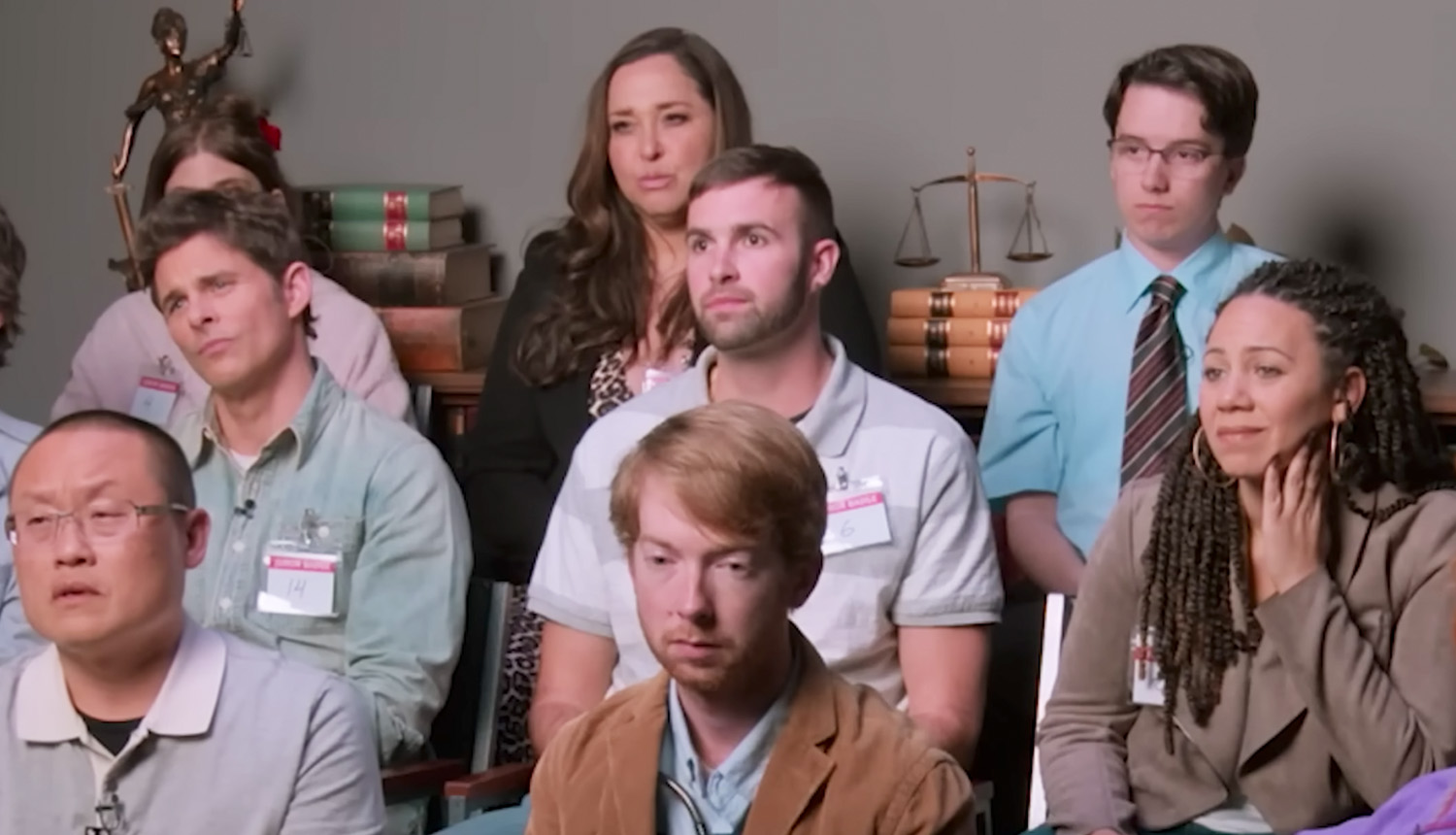Understanding The Jury Duty Interview: What To Expect
Participating in jury duty is a civic responsibility that many individuals encounter at some point in their lives. However, the process can seem daunting, especially when it comes to the jury duty interview. This article aims to demystify the jury duty interview by providing insights into what it entails, how to prepare for it, and what to keep in mind during the process. Whether you are a first-time juror or looking for a refresher, understanding the jury duty interview will help you navigate this important civic duty with confidence.
Many people view jury duty as an inconvenience, but it plays a crucial role in the judicial system. During the jury duty interview, potential jurors are questioned to determine their suitability for a specific case. This selection process is vital in ensuring that a fair and impartial jury is formed. Hence, understanding what to expect during the interview can alleviate anxiety and help you perform your civic duty with pride.
In this article, we will explore various aspects of the jury duty interview, including common questions you may encounter, tips for preparation, and the overall importance of your role as a juror. By the end of this article, you will feel more informed and ready to participate in the jury duty interview process.
What Happens During a Jury Duty Interview?
The jury duty interview is a critical step in the jury selection process. During this interview, potential jurors meet with the judge and lawyers involved in the case. The main goal is to assess your qualifications to serve on the jury and to ensure that the selected jurors can remain impartial throughout the trial.
What Types of Questions Should You Expect?
During your jury duty interview, you can expect a variety of questions aimed at gauging your background, opinions, and experiences. Some common types of questions include:
- Your personal background and demographics
- Your views on the legal system
- Your prior experiences with law enforcement
- Any potential biases that may affect your judgment
How Can You Prepare for Your Jury Duty Interview?
Preparation is key to feeling confident during your jury duty interview. Here are some tips to help you get ready:
- Review your jury summons and understand the details of your duty.
- Familiarize yourself with the case type you may be selected for.
- Reflect on your personal beliefs and how they may influence your judgment.
- Practice answering common jury duty interview questions.
What Should You Wear to Your Jury Duty Interview?
First impressions matter, and what you wear to your jury duty interview can influence how you are perceived by the judge and attorneys. It’s advisable to dress in a professional manner. Here are some suggestions:
- Business casual attire is often appropriate.
- Avoid clothing with offensive graphics or slogans.
- Comfortable yet polished footwear is essential.
What Happens After the Jury Duty Interview?
Once the jury duty interview concludes, the selection process continues. If you are chosen to serve, you will receive further instructions on how to proceed. If not, you will generally be dismissed and can return to your regular activities.
Why Is the Jury Duty Interview Important?
The jury duty interview is a vital part of the judicial process. It ensures that jurors are selected based on their ability to remain impartial and fair throughout the trial. Your participation helps uphold the integrity of the legal system, making it crucial that you take this responsibility seriously.
Can You Be Excused from Jury Duty?
There are several valid reasons for being excused from jury duty, including:
- Medical conditions that prevent you from serving
- Financial hardships
- Caregiving responsibilities
- Previous commitments that cannot be rescheduled
If you believe you have a valid reason, it's essential to communicate this during your jury duty interview or as soon as you receive your summons.
Conclusion: Embracing Your Civic Duty
Participating in a jury duty interview may initially feel intimidating, but it is an essential aspect of contributing to the judicial system. By understanding the process, preparing adequately, and approaching the experience with an open mind, you can fulfill your civic obligation with confidence. Remember, your role as a juror is not just a duty; it’s a chance to partake in the democratic process and ensure justice is served.
Unveiling The Man Behind The Laughter: Steve Carell's Dad
Meghan Markle: The Allure Of A Modern Icon
Unveiling Sean Hannity's New Wife: A Journey Of Love And Partnership


